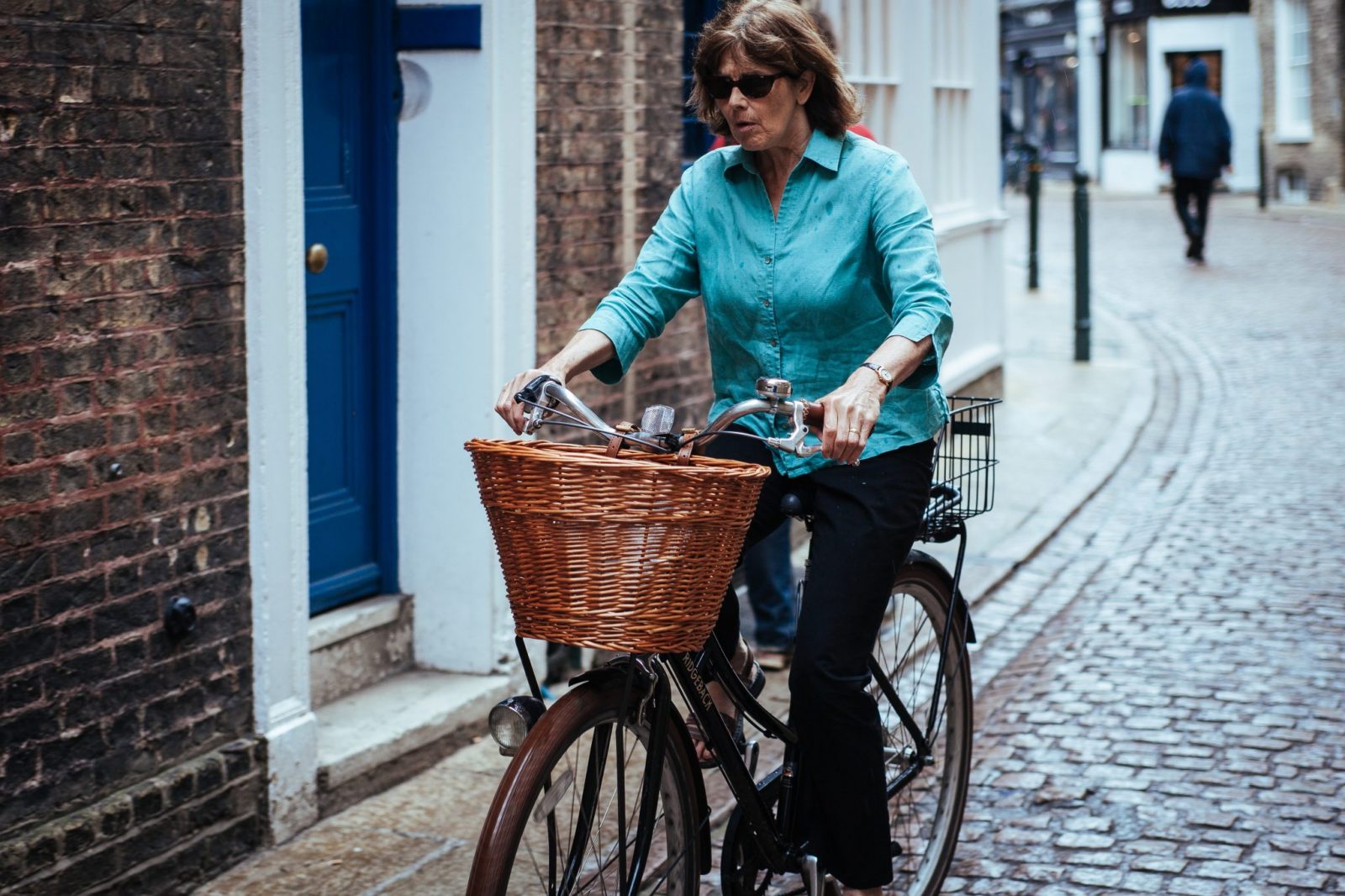A new study has shown that older people (in their 70s and 80s) who exercise regularly, have muscle structures at a cellular level that resembles younger people (in their 20s and 30s) and show less age-related inflammation.
The normal ageing process for muscle is a reduction in muscle mass as we get older. The scientific explanation for this is a rise in inflammatory markers in the bloodstream. The study has discovered that there are less inflammatory markers in those that exercise regularly from middle age, which lead to the potential effect of retaining muscle mass as we get into our senior years.
The researchers found the causal link applied to single sessions of exercise. Normally exercise causes a rise in inflammation, which helps healing and recovery, and then a fall in inflammation due to counter measures (anti-inflammatory components). This short-sharp rise and fall in inflammation relating to one exercise session was most acute in young participants during the study, slightly higher and more pronounced in older participants that exercised regularly, and alarmingly, was observed to have a much bigger spike and much longer inflammatory period in older participants that didn’t exercise. Prolonged inflammation is known to have a range of adverse effects on the body.
Another study describes sedentary ageing and its relatively adverse impact on heart failure risks. If you age with exercise, there is less stiffness in the left ventricle of the heart, which is correlated with progression to heart failure. Sedentary ageing, or ageing with minimal exercise, leads to higher rates of left ventricle stiffness and therefore higher risk of heart failure.
Aerobic exercise such as jogging or brisk walking, as well as strength exercise such as tai chi, have both been shown to be beneficial to reduce the ageing effect on the body.
The benefits may also extend to reducing the risk of dementia and improving the immune system. A longitudinal study found regular exercise in women reduced the onset of dementia by 88%. And a study found that regular cycling in older age is correlated with a higher T cell levels, a marker of immune system function.
So lots of encouraging reasons to get active, even if you start in middle age!
References:
- https://www.physiology.org/doi/abs/10.1152/japplphysiol.00495.2019?journalCode=jappl&
- https://ahajournals.org/doi/full/10.1161/CIRCULATIONAHA.117.030617
- https://www.nytimes.com/2019/12/04/well/move/exercise-aging-inflammation-muscles-age-seniors-elderly-older.html
- https://n.neurology.org/content/90/15/e1298
- https://www.businessinsider.com.au/best-exercises-slow-aging-2018-4?r=US&IR=T
- https://onlinelibrary.wiley.com/doi/full/10.1111/acel.12735
